The second day of the 25th International Conference and 45th Annual General Meeting of the Nigerian Institution of Agricultural Engineers (NIAE) continued on a high note at the National Centre for Agricultural Mechanization (NCAM), Idofian, with scholars, industry leaders, and innovators presenting transformative research and policy papers on agricultural mechanization, standardization, and technology development.
The day’s sessions focused on paper presentations that emphasized the critical need to standardize proven agricultural technologies, promote indigenous innovations, and strengthen the linkages between research institutions, policymakers, and end users in Nigeria’s agricultural sector.
Among the highlights was the presentation by Engr. Dr. Mrs. Omolola Cecilia Ogunjirin of the Nigerian Stored Products Research Institute (NSPRI), Ilorin, who unveiled a Mobile Solar-Powered Cooling System (MSCS) for fruits and vegetables preservation developed by Women in Agriculture and Bioresources Engineering Network (WABEN).
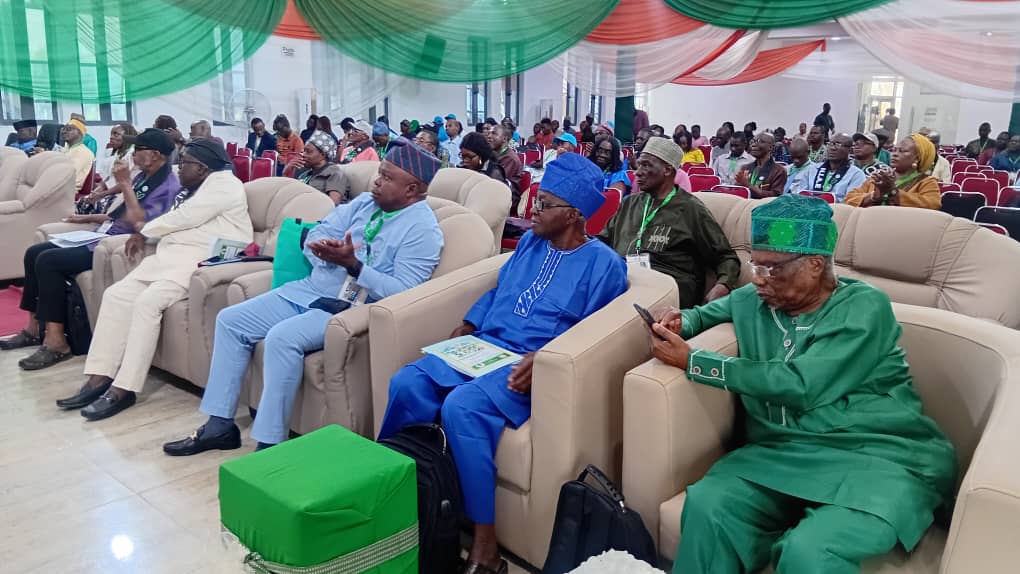
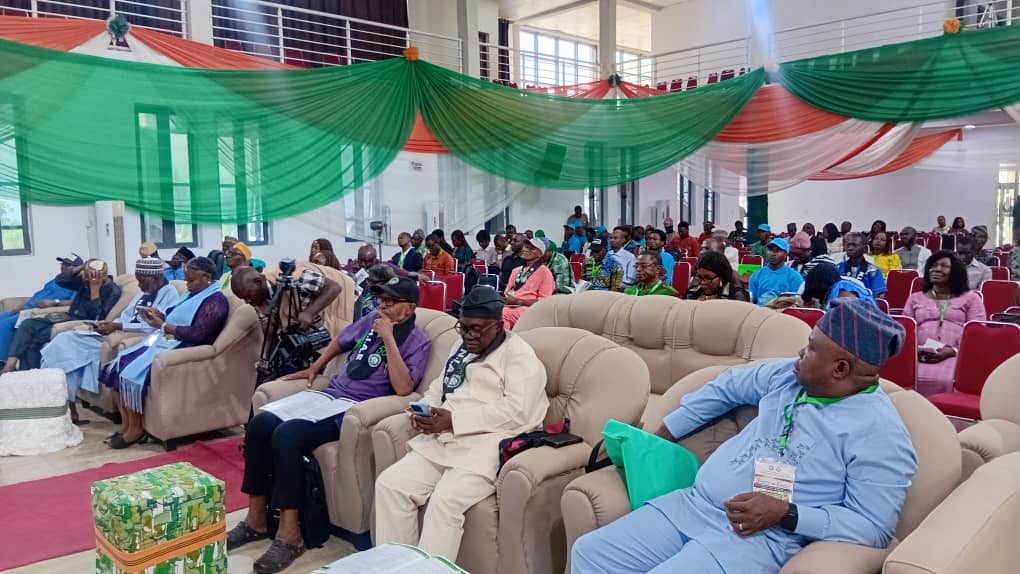
Dr. Ogunjirin explained that the innovation was designed and constructed to improve post-harvest handling and reduce losses among smallholder farmers, especially in rural areas without electricity access.
According to her, the mobile cooling unit operates solely on direct current (DC), eliminating the need for an inverter, and uses solar energy and water-cooling systems to maintain the freshness of produce such as oranges, mangoes, green amaranth, and jute leaves.
She disclosed that the system’s coefficient of performance stood at 2.1, demonstrating efficient energy utilization. While fruits stored under ambient conditions lasted only a few days, the MSCS extended their shelf life significantly — oranges (33 days), mangoes (25 days), green amaranth (11 days), and jute leaves (10 days).
“The mobile solar-powered cooling system will enhance food preservation, minimize post-harvest losses, and empower rural farmers, particularly women,” Dr. Ogunjirin said.
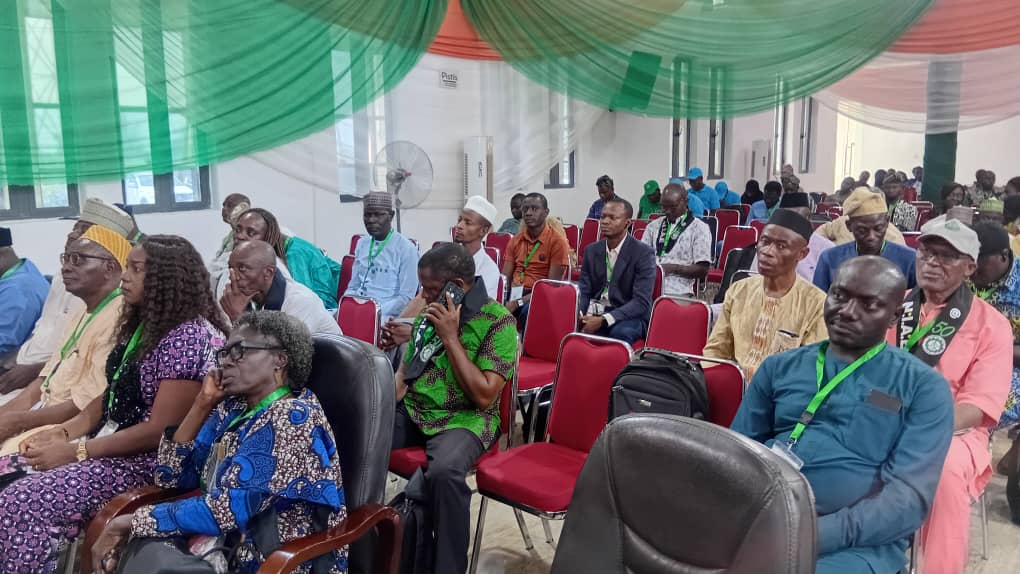

She, however, recommended that government should subside and cooperative ownership models to make the technology affordable and scalable.
In another presentation, Dr. Abubakar Adamu Dabban, Executive Secretary of the Agricultural Research Council of Nigeria (ARCN), delivered a lead paper titled “Standardization and Promotion of Proven Technologies for Agricultural Production and Value Addition in Nigeria.”
Dr. Dabban described the conference theme as timely, noting that Nigeria’s level of agricultural mechanization remains among the lowest globally at 0.027 horsepower per hectare, compared to the FAO recommendation of 1.5 hp/ha.
He emphasized that inadequate mechanization and poor technological inputs across production, processing, and storage stages continue to limit agricultural productivity.
He stated that standardization promotes innovation, enhances interoperability, and improves farmers’ confidence in locally fabricated technologies, while also facilitating certification, quality control, and training programs.
“Standardization of proven agricultural technologies will create a more efficient, profitable, and sustainable food production system that meets Nigeria’s growing food demand while minimizing environmental impact,” Dabban stated.
Also presenting a lead paper, Mr. Kolawole Adeniji, Managing Director of Niji Group, called for the establishment of a National Agro-Technology Standardization Framework to harmonize and promote proven agricultural technologies across the country.
Adeniji noted that while Nigeria has developed impressive innovations in mechanized farming and food processing, their impact has been slowed by weak coordination, proliferation of substandard equipment, and low awareness among farmers.
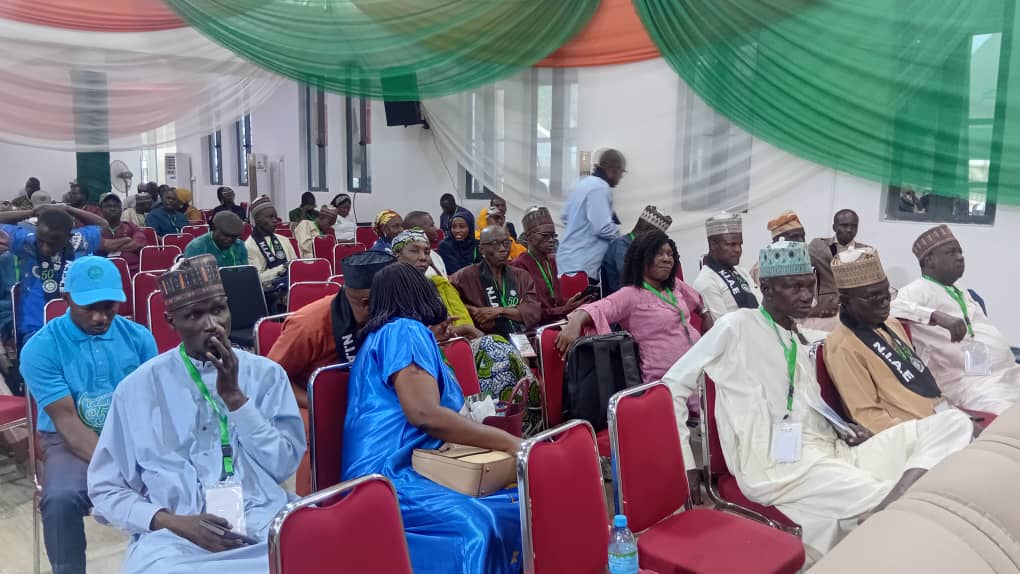
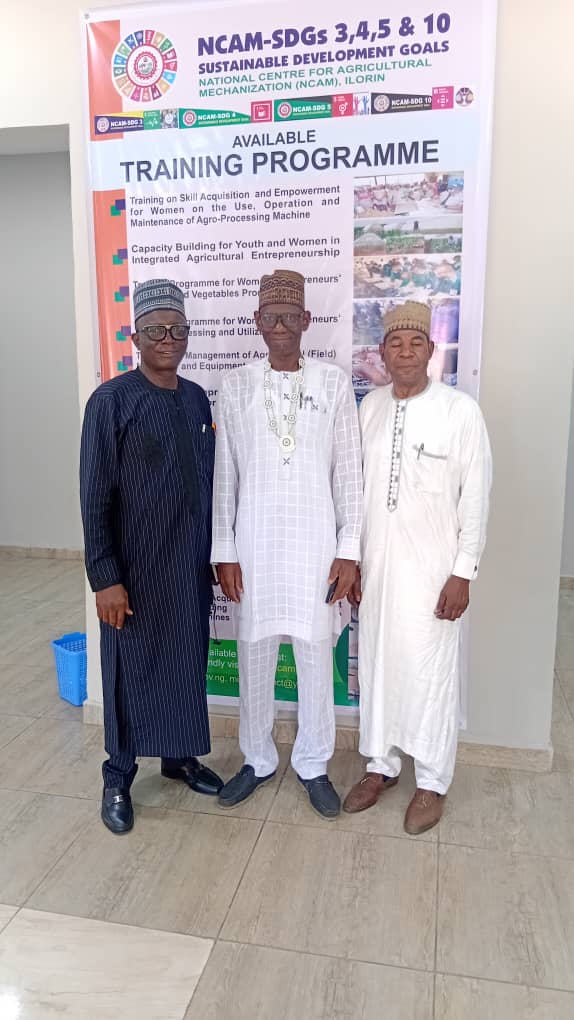
He recommended the creation of Technology Demonstration Centers, certification and branding of local innovations, public-private partnerships, and policy incentives such as tax reliefs and access to soft loans to encourage technology adoption and commercialization.
“Standardization and structured promotion of proven agricultural technologies will empower farmers, enhance productivity, and strengthen national food security. Nigeria must scale local innovations that meet global standards,” he added.
Similarly, Engr. Prof. Sadiq Z. Abubakar, a Fellow of the Nigerian Academy of Engineering and representative of the Council for the Regulation of Engineering in Nigeria (COREN), presented a paper titled “Enforcing Standardization and Compliance in Agricultural Machinery and Equipment Development, Commercialization and Uptake for Enhanced National Productive Capacity and Competitiveness.”
He stressed that substandard and unsafe machinery contributes to low productivity and high post-harvest losses, calling for stronger regulatory frameworks and synergy among COREN, SON, NCAM, NIAE, and NASENI to enforce standards.
Prof. Abubakar advocated for the development of a National Agricultural Machinery and Equipment Standards Manual, tax rebates for certified manufacturers, and a digital compliance system to track certified equipment nationwide.
Also contributing, Prof. Kehinde Taiwo of the Department of Food Science and Technology, Obafemi Awolowo University (OAU), presented a paper on “Standardization of Proven Technologies for Value Addition in Nigeria: Academic and Gender Perspectives.” She highlighted the need for inclusivity and gender-responsive research in agricultural technology innovation and value chain development.
